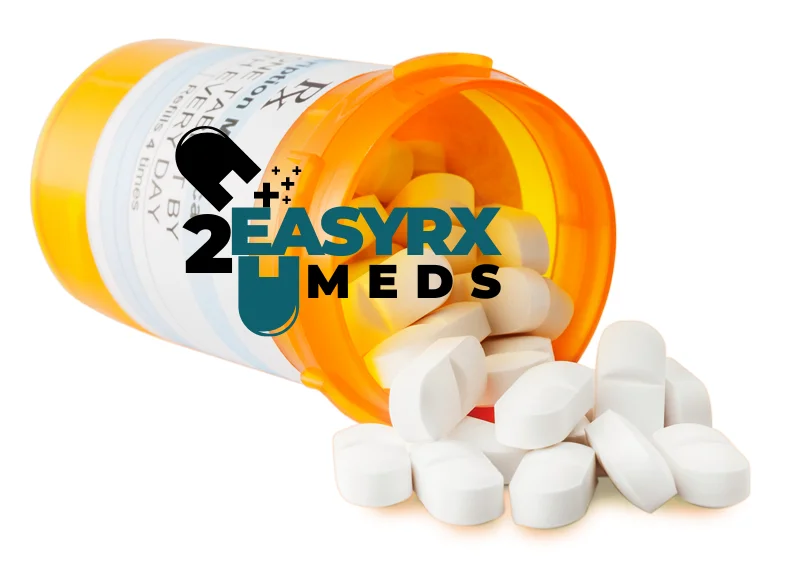There is no item in your cart
Description
Pennsaicin offers several benefits for those suffering from osteoarthritis of the knee. Here are some key advantages:
- Pain Relief: The combination of diclofenac sodium, an NSAID, and capsaicin helps reduce pain by targeting the underlying inflammation. Clinical studies have shown that topical NSAIDs can be effective in managing localized pain without the systemic side effects associated with oral medications
- This method minimizes the risk of systemic side effects, making it a safer option for many patients, especially those who may be sensitive to oral NSAIDs
- Dual Action: Capsaicin contributes an additional mechanism of action by providing a warming sensation that can help distract from pain. This can enhance the overall analgesic effect when used in conjunction with diclofenac
- Ease of Use: The formulation is available as a topical solution, making it easy to apply. Patients can manage their symptoms with a straightforward application routine, which can improve adherence to treatment
- Patient Satisfaction: Many patients report satisfaction with topical treatments like Pennsaicin, as they can offer significant relief from chronic pain without the need for injections or more invasive procedures
Additional information
| Bottles of Tablets | 30 Tablets, 60 Tablets, 90 Tablets, 120 Tablets |
|---|



Reviews
There are no reviews yet.